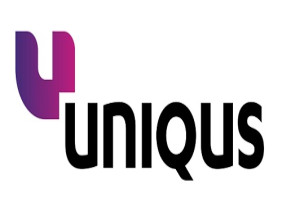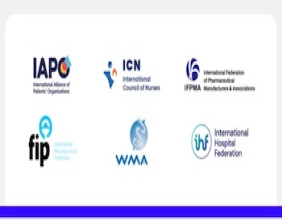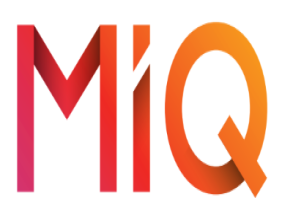Highlights
Microsoft and OpenAI are in discussions to revise their existing partnership terms, including equity structure and long-term contractual agreements.
OpenAI plans to convert its for-profit division into a public benefit corporation to align with broader social goals.
The evolving collaboration may influence the deployment and access of advanced artificial intelligence tools across global markets.
The technology sector, represented on indices such as the Nasdaq and FTSE, is undergoing continuous transformation through strategic collaborations. Microsoft Corp, listed on the Nasdaq and London Stock Exchange under (LSE:0R2V), is reportedly renegotiating its partnership structure with OpenAI. This development illustrates how large-scale alliances in tech can reflect broader shifts in innovation access and corporate governance.
Equity Restructuring in Microsoft-OpenAI Collaboration
Microsoft is currently reviewing its equity arrangement with OpenAI amid talks to update their partnership. These discussions pertain to the existing stake held by Microsoft in OpenAI’s for-profit entity, which has been undergoing structural changes. The revision aims to clarify Microsoft’s shareholding position in light of new operational formats. Adjustments to the contractual framework that governs Microsoft's access to OpenAI's artificial intelligence technology are also under evaluation.
These developments indicate a shift in how collaborations are managed in the tech sector, where partnerships often extend beyond capital investment into co-development and strategic alignment of innovation.
OpenAI’s Transition to a Public Benefit Corporation
OpenAI has disclosed plans to convert its for-profit segment into a public benefit corporation. This transformation blends commercial objectives with commitments to social impact. The change in legal structure allows OpenAI to secure funding while embedding societal contributions into its business model. The alignment with ethical and public welfare priorities introduces a governance framework that differs from traditional corporate setups.
This hybrid structure could influence future collaborations with technology firms, particularly in terms of transparency and goal-setting. Microsoft’s role in the revised partnership will likely reflect this adjusted framework and governance model.
Revisiting Long-Term Technology Access Agreements
The renegotiation between Microsoft and OpenAI includes updates to long-term contracts that dictate access to artificial intelligence models. These contracts establish the conditions under which Microsoft utilizes OpenAI's proprietary models and tools for integration into its own platforms. Revisions aim to ensure alignment with OpenAI’s new corporate structure and expanded development pipeline.
Such updates are common in evolving tech partnerships where intellectual property, infrastructure, and product development are closely intertwined. The refined contract is expected to support scalable innovation through structured collaboration.
Capital Strategy and Stakeholder Confidence
Ongoing negotiations also serve to strengthen OpenAI’s capital strategy. By defining its status as a public benefit corporation, OpenAI positions itself for long-term funding that supports both innovation and ethical objectives. The discussions with Microsoft form part of a broader strategy to sustain technological initiatives while upholding accountability to stakeholders.
This restructuring may influence how technology partnerships are valued across public markets, including those tracked by major indices like the Nasdaq and FTSE. The dual focus on scalability and public impact adds a layer of complexity to traditional funding arrangements.
Innovation Pipeline and Industry Implications
The updated terms between Microsoft and OpenAI could impact how artificial intelligence is developed and distributed across multiple industries. Access to next-generation models under clearer agreements may enhance capabilities across sectors such as enterprise software, automation, and cloud services. The collaboration underscores the role of aligned partnerships in advancing foundational technologies.
Such industry dynamics show how companies on both Nasdaq and FTSE engage in global collaborations that not only drive innovation but also reflect broader societal trends in corporate responsibility and transparency.
Strategic Realignment for Evolving Market Conditions
The developments in the Microsoft-OpenAI partnership reflect a strategic realignment designed to meet evolving market and regulatory expectations. Equity adjustments and governance updates provide both organizations with a flexible framework for innovation under changing corporate and technological landscapes.
As partnerships like this continue to reshape the global tech ecosystem, companies listed on major indices are increasingly focusing on long-term frameworks that balance innovation, ethical considerations, and operational resilience.




